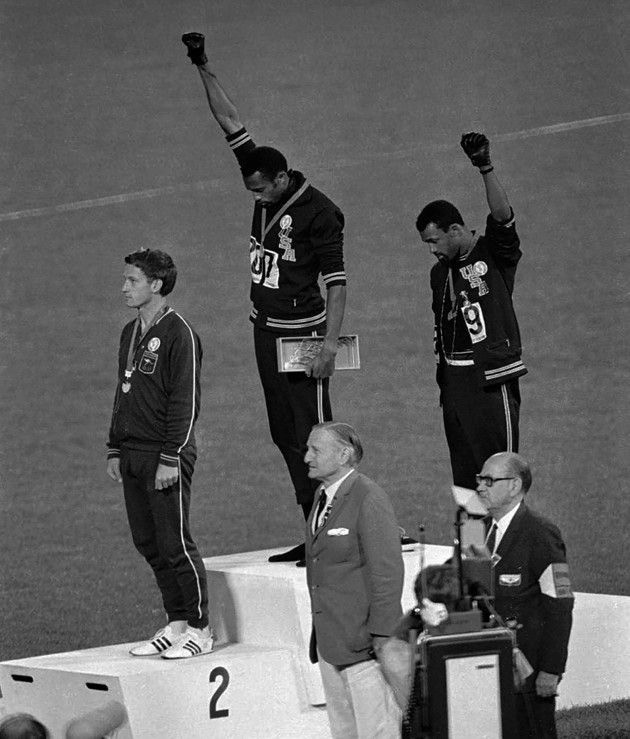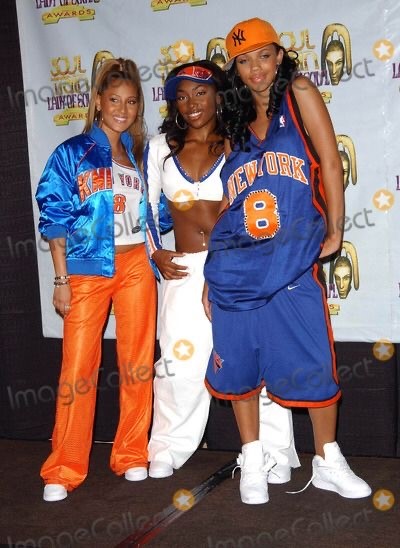Sports and culture, seemingly disparate domains in the human experience, converge in ways that are not only profound but intellectually stimulating. The world of sports, a dynamic and pervasive force, stands as a recognised behemoth, wielding the power to both reflect and mould the very values, norms, and ambitions of a society.
The complex tie that unites sports and culture has its roots firmly planted in the annals of time. Sports have knitted themselves into the very fabric of culture, from the ancient civilisations’ bygone eras to the vivid tapestry of today’s communities. An outstanding illustration of this may be found in the magnificent legacy of the ancient Greeks, whose sacred Olympic Games functioned as a celebration of human athletic excellence and, more significantly, a lighthouse of unity. This long-standing custom is being carried on throughout the modern Olympics and has grown into an unparalleled global cultural phenomenon.
Sports frequently reflect a culture’s goals and beliefs. Sports vary in their cultural significance. American football is a reflection of the power, strategy, and competition that are valued in the US. Contrarily, the sport of cricket, which stands for tradition, perseverance, and strategic play, has a significant cultural impact on nations like India, Pakistan, and England.
A variety of cultures come together in the world of sports. Sports events bring together athletes from different racial, cultural, and national origins to compete, promoting a sense of camaraderie and common humanity. Major international occasions like the Olympics and the World Cup highlight this cultural diversity while bridging borders and fostering a sense of the universal human family.

Sports have a significant influence on how we communicate and play an important part in the always changing language fabric. Words like “hitting it out of the park” and “scoring a touchdown” have crept into ordinary speech, demonstrating how deeply sports have permeated culture. This mutual shaping of sports and culture shows how the athletic sphere shapes our expressions while, on the other hand, culture shapes the prism through which we view sports.
Sports have undergone a tremendous transformation in recent years as it has become a breeding ground for social movements and activism. Teams and athletes have used their platform to draw attention to pressing societal concerns. A moving example of how sports can be a catalyst for change is Colin Kaepernick, who became famous for kneeling during the playing of the national anthem to denounce racial inequality and police brutality in the United States. The Black Lives Matter movement and LGBTQ+ rights advocacy have both found a resonant and powerful chorus inside the symphony of the sports world, strengthening the idea that athletics can be used as a vehicle for significant social change in addition to being a source of enjoyment.
Beyond the boundaries of words, the convergence of sports and culture may be seen in the worlds of identity and fashion. sports gear such as team jerseys, hats and sports wear have evolved beyond their functional uses on the field or court to become potent markers of identification and personal association. These outfits are more than just pieces of clothing; they represent allegiance and act as a symbol of fandom. Fans proudly display these emblems and colours to demonstrate their loyalty to a particular sports culture. Sports strongly inject a sense of identity and belonging in this vibrant sartorial landscape, highlighting the complex connection between individual expression and sports culture.

Similar to economic alchemists, sports create a significant influence by weaving a tapestry from the kaleidoscope of ticket sales to the attraction of products, the attractiveness of television rights, and the bewitching charm of tourists. They are the good-hearted sorcerers whose incantations mould not just cultures but also the very futures of local economies, so their influence goes far beyond merely profit margins. Imagine the bustling cities battling it out to host prestigious athletic events like the Super Bowl, the World Series, or the Olympics, much like knights jousting for supremacy. These initiatives attempt to achieve economic riches and global recognition; they are not only games.
From the fertile soil of sports have sprouted countless cultural traditions and rituals, each one a unique blossom in the intricate garden of human expression. The raucous revelry of tailgating before a football game, the harmonious ode to tradition sung during the seventh-inning stretch at baseball games, or the synchronous choreography of the Mexican wave performed in stadiums around the globe, all serve as dazzling examples. These rituals are more than mere happenings; they are unifying threads that weave the fans and players into a collective tapestry, forging a shared experience that transcends the realm of mere entertainment.
The crossroads of sports and culture form a veritable treasure trove of dynamism, where each sphere exerts an indelible influence on the other. Sports are the reflective mirrors of cultural values, the architects of language and identity, the champions of diversity, and the unswerving platforms for activism. These realms are not mere chapters in our history; they are the quill that scripts our present and the lighthouse guiding our future. This exquisite connection between sports and culture serves as a resounding reminder that the games we play and watch are not mere athletic contests; they are living mirrors, reflecting the essence of who we are and the profound testament of what we stand for as a society.
Sources
- https://sportsmediachallenge.com/the-intersection-of-sports-and-culture-how-and-why-it-contributes-to-nil/
- https://homework.study.com/explanation/how-does-culture-affect-sports.html#:~:text=Answer%20and%20Explanation%3A,people%20are%20involved%20in%20sports.
- https://sportslitigationalert.com/the-cultural-intersection-of-sports-and-fashion/




